Lee Grant’s journey through the heights and hardships of Hollywood stands as a testament to resilience, determination, and unwavering principles. Her rise in the entertainment industry was swift and impressive, propelled by her critically acclaimed performance in the 1951 film Detective Story, which not only earned her widespread praise but also secured an Academy Award nomination. With her striking beauty, intense screen presence, and undeniable talent, Grant appeared destined for a long and illustrious career in film and television. However, her path took an abrupt and devastating turn during the 1950s, when her association with her first husband, screenwriter Arnold Manoff, placed her on the infamous Hollywood blacklist, a product of the McCarthy-era anti-Communist investigations. This period of political paranoia and fear saw countless artists and entertainers accused of having Communist ties, often with little to no evidence. Many faced immense pressure to name colleagues suspected of similar affiliations. Yet, despite the potential to salvage her career by cooperating with investigators, Grant stood firm in her principles. Refusing to betray others, she famously declared, “I certainly was not going to give names in order to work.”
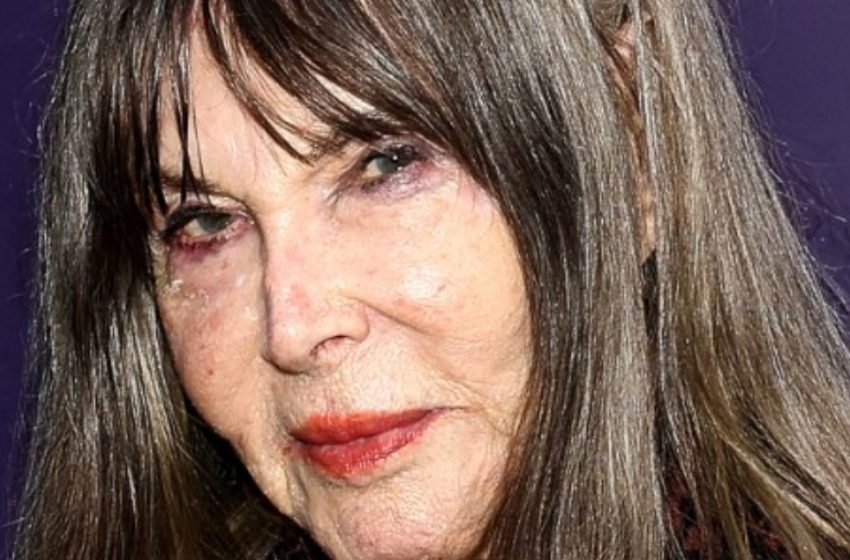
As a result of her defiance, Grant faced a 12-year exile from mainstream film and television. These years were marked by professional silence and personal turmoil, compounded by her strained marriage to Manoff. Isolated from the career she loved, Grant nonetheless refused to let the blacklist define her future. Determined to reclaim her independence, she ultimately broke free from her controlling marriage and began the arduous journey of rebuilding her life and career. Her unwavering resolve bore fruit in 1965 when she staged a triumphant comeback with her role in the television drama Peyton Place. Her portrayal of Stella Chernak resonated deeply with audiences and critics alike, earning her an Emmy Award and reigniting her acting career. This success paved the way for more iconic roles, firmly reestablishing her presence in Hollywood.
Over the following years, Grant continued to showcase her versatility and depth as an actress, taking on complex and compelling characters that solidified her status as one of the industry’s most respected performers. Among her most celebrated roles was her performance in the 1975 film Shampoo, directed by Hal Ashby. Her portrayal of Felicia Karpf, a woman grappling with midlife desires and societal expectations, earned Grant the Academy Award for Best Supporting Actress. This achievement not only validated her talent but also symbolized her ultimate triumph over the injustices of the blacklist era.
Beyond her success as an actress, Grant ventured into directing, further cementing her legacy as a multifaceted storyteller. Her directorial work, particularly in the realm of documentaries, earned widespread acclaim for its poignant exploration of social issues and human experiences. Notably, her documentary Down and Out in America (1986), which examined poverty and homelessness in the United States, won the Academy Award for Best Documentary Feature. Through her work behind the camera, Grant demonstrated a deep empathy for marginalized communities, using her platform to amplify voices often overlooked by mainstream media.
While her professional achievements are widely celebrated, Grant’s personal life also played a pivotal role in shaping her journey. After her tumultuous first marriage, she found enduring love and companionship with producer Joe Feury, a man 12 years her junior. Their relationship, marked by mutual respect and unwavering support, provided Grant with the stability and encouragement she needed to navigate the challenges of both her career and personal life. Reflecting on their bond, Grant once shared, “Joey wakes up and takes my hand. He doesn’t want to lose me.” This profound connection, built on love and partnership, became a cornerstone of her resilience and longevity.
Throughout her career, Grant remained unafraid to challenge societal norms and confront the industry’s ageist attitudes. In an era when actresses often faced diminishing opportunities as they aged, Grant openly addressed her decision to undergo a facelift in her 30s. Rather than succumbing to the stigma surrounding cosmetic procedures, she candidly acknowledged that the surgery helped her maintain confidence and secure roles in a competitive and often unforgiving industry. Her honesty resonated with many, breaking down taboos and empowering others to make choices that enhanced their self-assurance.
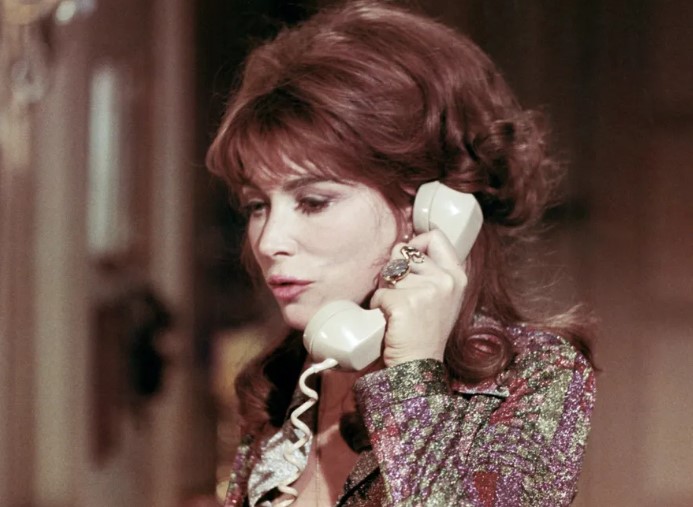
Even as she entered her later years, Grant continued to captivate audiences with her grace, intelligence, and timeless beauty. Now in her late 90s, she remains a symbol of vitality and elegance, defying conventional expectations of aging. Her radiant appearance and spirited demeanor have drawn admiration from fans and peers alike, with many marveling at her youthful energy and sophisticated style. One fan aptly expressed the widespread sentiment, stating, “I’ve never seen a 90+ year-old look so great.”
Grant’s enduring appeal extends beyond her physical appearance, rooted instead in her authenticity, strength, and unwavering commitment to her craft. Her journey serves as a powerful reminder that resilience and reinvention are not bound by age or circumstance. Despite the obstacles she faced, Grant never allowed adversity to define her. Instead, she transformed challenges into opportunities for growth, emerging stronger and more determined with each setback.
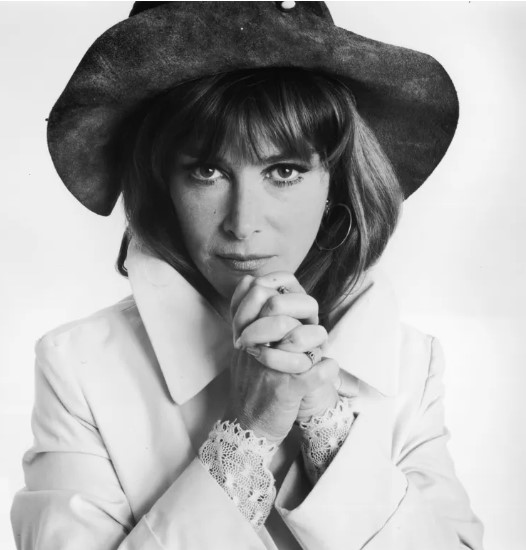
Her legacy as an actress, director, and advocate for social justice continues to inspire generations of artists and audiences. Through her performances, she brought depth and humanity to every character she portrayed, capturing the complexities of the human experience with remarkable nuance. As a director, she used her storytelling skills to shine a light on pressing societal issues, fostering greater empathy and understanding. And as a woman who defied the limitations imposed by both society and circumstance, she became a beacon of empowerment and perseverance.
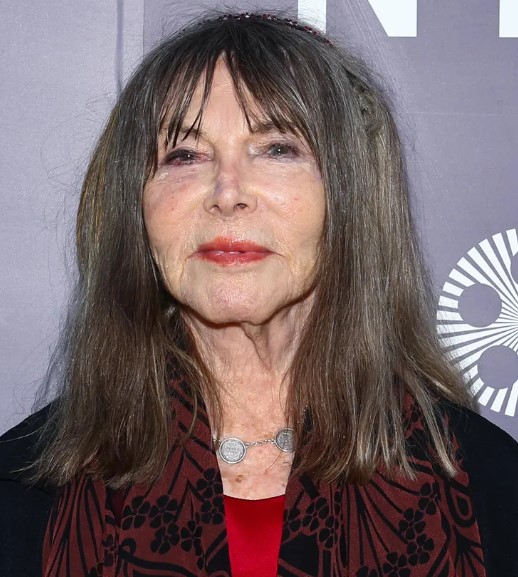
Reflecting on her life and career, Grant’s story is one of courage, integrity, and unwavering passion. Her refusal to compromise her principles, even in the face of immense pressure, stands as a testament to the power of personal conviction. Her ability to rebuild her career and achieve new heights of success serves as a reminder that setbacks are not the end of the journey but rather opportunities to forge a new path. And her enduring love with Joe Feury exemplifies the profound impact of genuine partnership and emotional support.
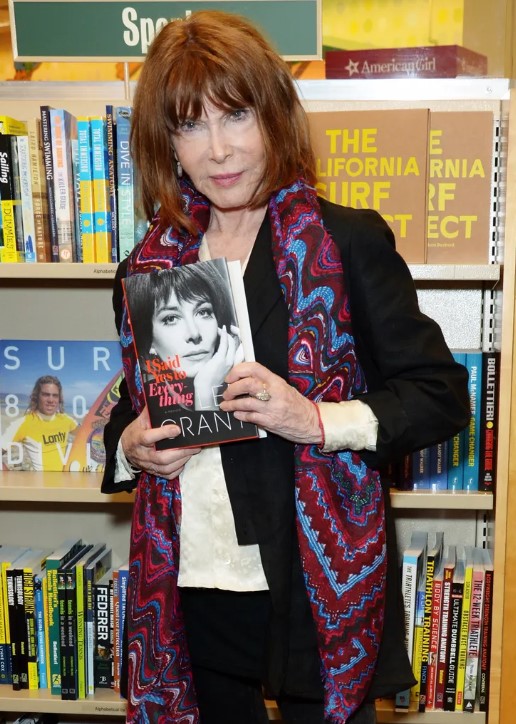
As she continues to inspire future generations, Lee Grant’s legacy remains firmly etched in the annals of Hollywood history. Her journey from rising star to blacklisted actress to award-winning performer and director is a testament to the transformative power of resilience and reinvention. In an industry often defined by fleeting success and shifting trends, Grant’s story stands as a timeless reminder that true greatness lies in the ability to overcome adversity and emerge stronger on the other side. Her life is a celebration of courage, creativity, and the enduring power of the human spirit—a legacy that will continue to resonate for generations to come.





